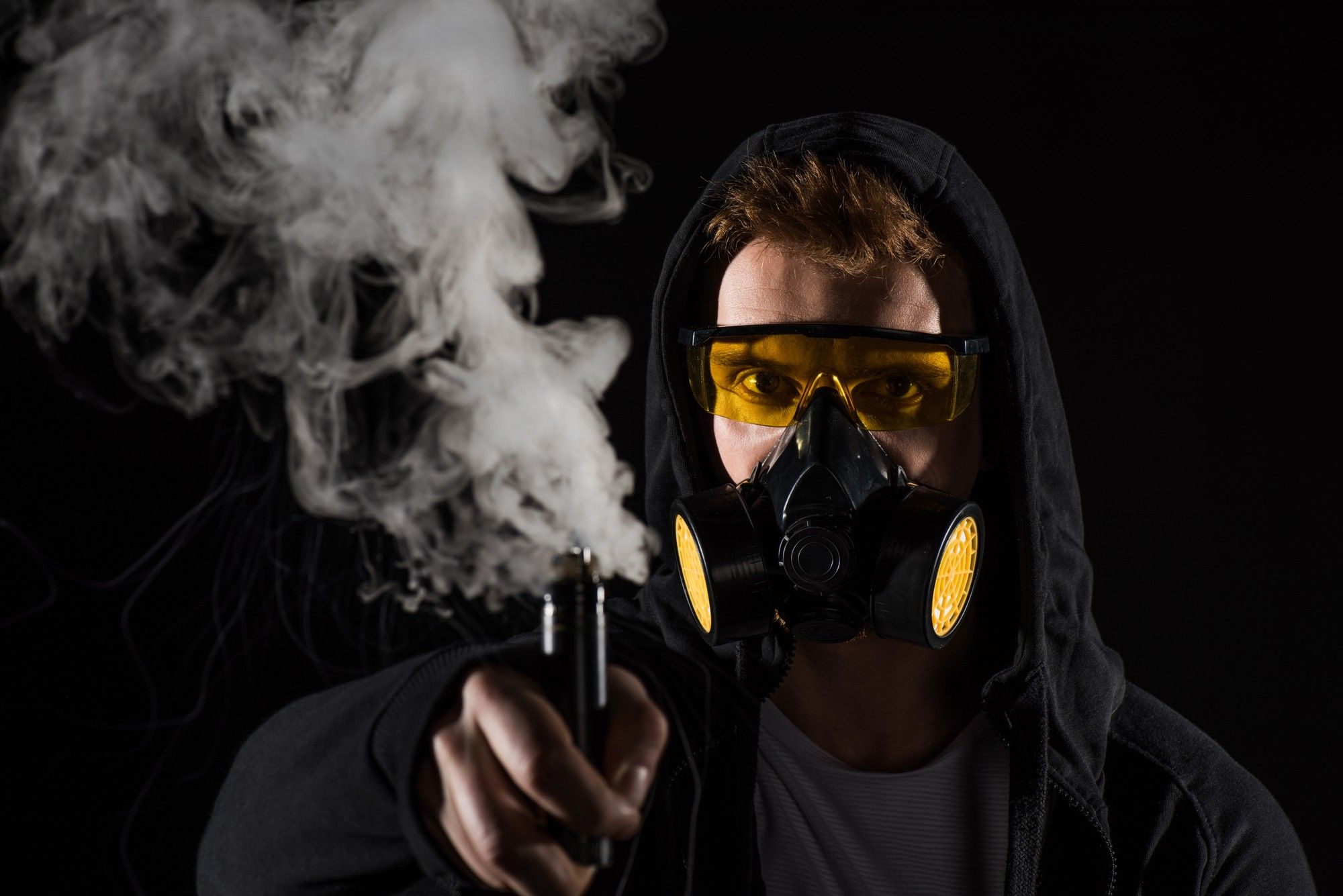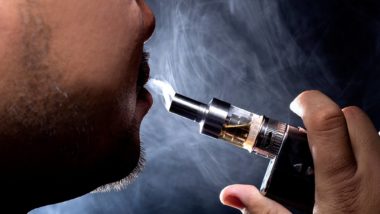Top Class Actions’s website and social media posts use affiliate links. If you make a purchase using such links, we may receive a commission, but it will not result in any additional charges to you. Please review our Affiliate Link Disclosure for more information.
With COVID-19 spreading throughout the country, Americans are scrambling to find out just how dangerous the virus is and how likely they are to catch it. According to the National Institute on Drug Abuse (NIDA), one group at a higher risk of contracting a serious case of the virus may have been overlooked: vape and drug users. The link between vaping and coronavirus has to do with health problems like lung disease and socioeconomic factors like homelessness.
Vaping has consistently been shown to cause health problems for users, an alarming number of whom are children. E-cigarette use among young people increased by 1.5 million to nearly 6 million users between 2017 and 2018, according to the Centers for Disease Control and Prevention (CDC). Normally, these young people would not have a high probability of developing complications from COVID-19, but the combination of vaping and coronavirus may put them at risk.
COVID-19 High-Risk Groups
According to the CDC, while it is difficult to predict exactly how the virus will behave due to a lack of information, we can assume some groups are at higher risk than others. The risk has less to do with whether or not these groups of people will contract the virus in the first place, but rather how serious a case they will develop if they do. It is this sort of risk which links vaping and coronavirus.
Those at highest risk include people over the age of 65, people living in long-term care facilities, and people with certain health conditions such as lung disease, a compromised immune system, or heart conditions. The NIDA and the National Health Institute are now both including drug users in this category.
The Link Between Vaping and Coronavirus
According to TIME, there is uncertainty surrounding the link between vaping and coronavirus due to a lack of data surrounding the health risks of vaping as well as the behavior of the virus. TIME claims that because scientists can’t say for sure whether or not vaping causes lung disease, they also can’t definitively say those who vape are at higher risk from coronavirus.
However, according to the NIDA, “we can make educated guesses based on past experience that people [who vape]… could find themselves at increased risk of COVID-19 and its more serious complications.” The NIDA gives several reasons why those who vape may be at higher risk: those with substance use disorders (SUD) are more likely to become homeless or be incarcerated. They also argue that, while vaping may not cause chronic obstructive pulmonary disease (COPD), it may still harm the lungs. This makes vaping and coronavirus a dangerous mix.

“E-cigarettes can damage lung cells,” Felberbaum added.
According to Bloomberg News, health experts have begun questioning the high use of vaping among young people and its connection to the unexpectedly high number of younger Americans being hospitalized for the virus. Felberbaum did not tell told Bloomberg that FDA is investigating the link between vaping and coronavirus patients of a young age.
The Health Risks of Vaping and Coronavirus
One of the largest factors in the connection between vaping and coronavirus is the large number of e-cigarette users who have contracted lung illnesses. Last year, the CDC, the FDA and health officials across the country began investigating an outbreak of e-cigarette, or vaping, product use-associated lung injury (EVALI).
According to the CDC, nearly 3,000 people across the U.S. have contracted EVALI with sixty-eight cases ending in death. Products that contain tetrahydrocannabinol (THC), the psychoactive ingredient in marijuana, have been linked to the majority of EVALI cases, particularly THC products purchased from informal sources.
The CDC and NIDA both recommend that those using e-cigarettes as an alternative to cigarettes should not go back to smoking cigarettes. While vaping is believed to cause lung damage, that damage is less severe than that caused by combustion methods like cigarettes.
Join a Free E-Cigarette Heart & Lung Lawsuit Investigation
If you or a loved one developed heart or lung problems after using e-cigarettes containing nicotine and/or THC, you may qualify to join this e-cigarette lung injury lawsuit investigation.Learn more by filling out the form on this page for a free case evaluation by a JUUL e-cigarette injury lawyer.
ATTORNEY ADVERTISING
Top Class Actions is a Proud Member of the American Bar Association
LEGAL INFORMATION IS NOT LEGAL ADVICE
Top Class Actions Legal Statement
©2008 – 2024 Top Class Actions® LLC
Various Trademarks held by their respective owners
This website is not intended for viewing or usage by European Union citizens.
Get Help – It’s Free
Join a Free E-Cigarette Heart & Lung Injury Lawsuit Investigation
If you qualify, an attorney will contact you to discuss the details of your potential case at no charge to you.
PLEASE NOTE: If you want to participate in this investigation, it is imperative that you reply to the law firm if they call or email you. Failing to do so may result in you not getting signed up as a client or getting you dropped as a client.
E-mail any problems with this form to:
Questions@TopClassActions.com.













